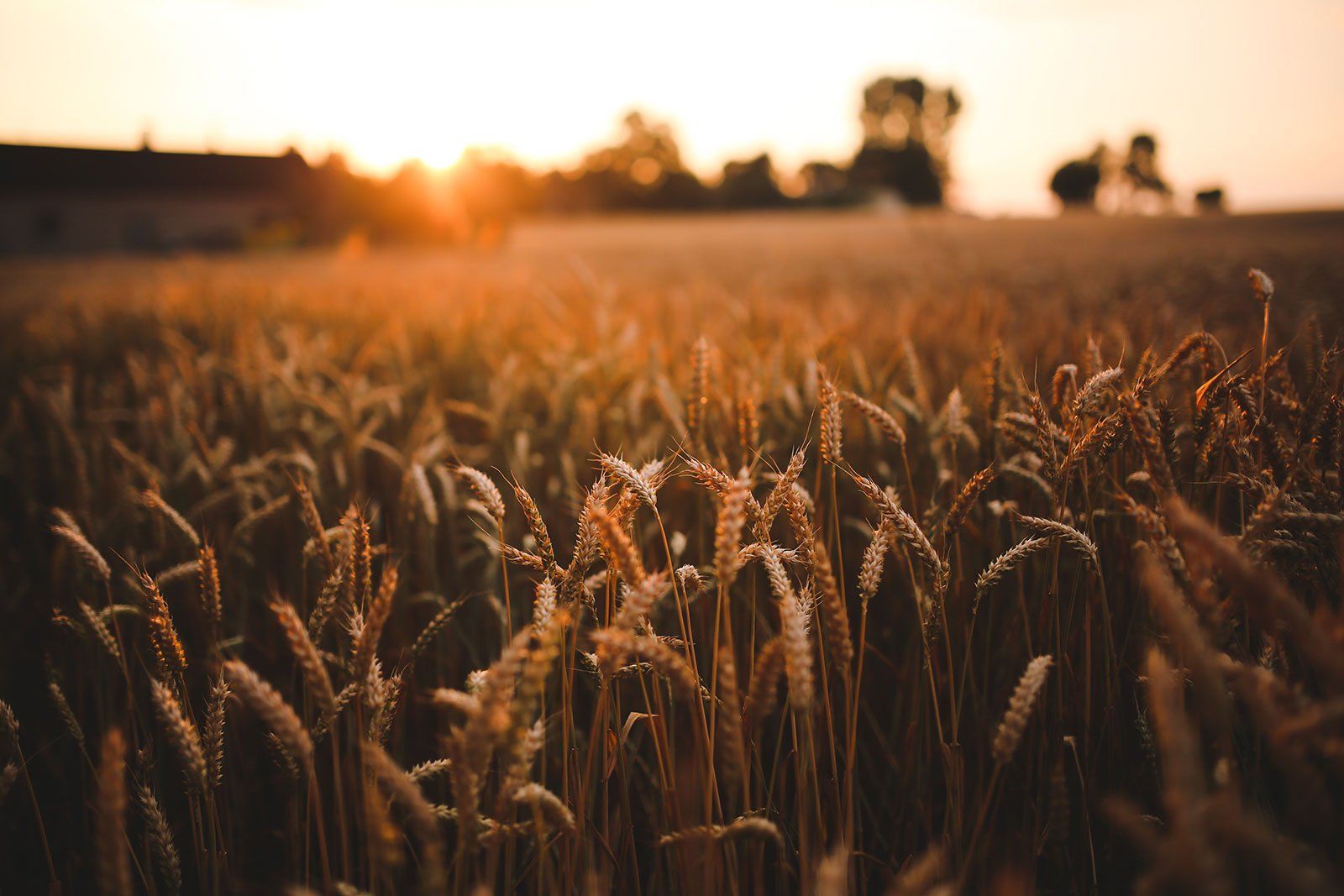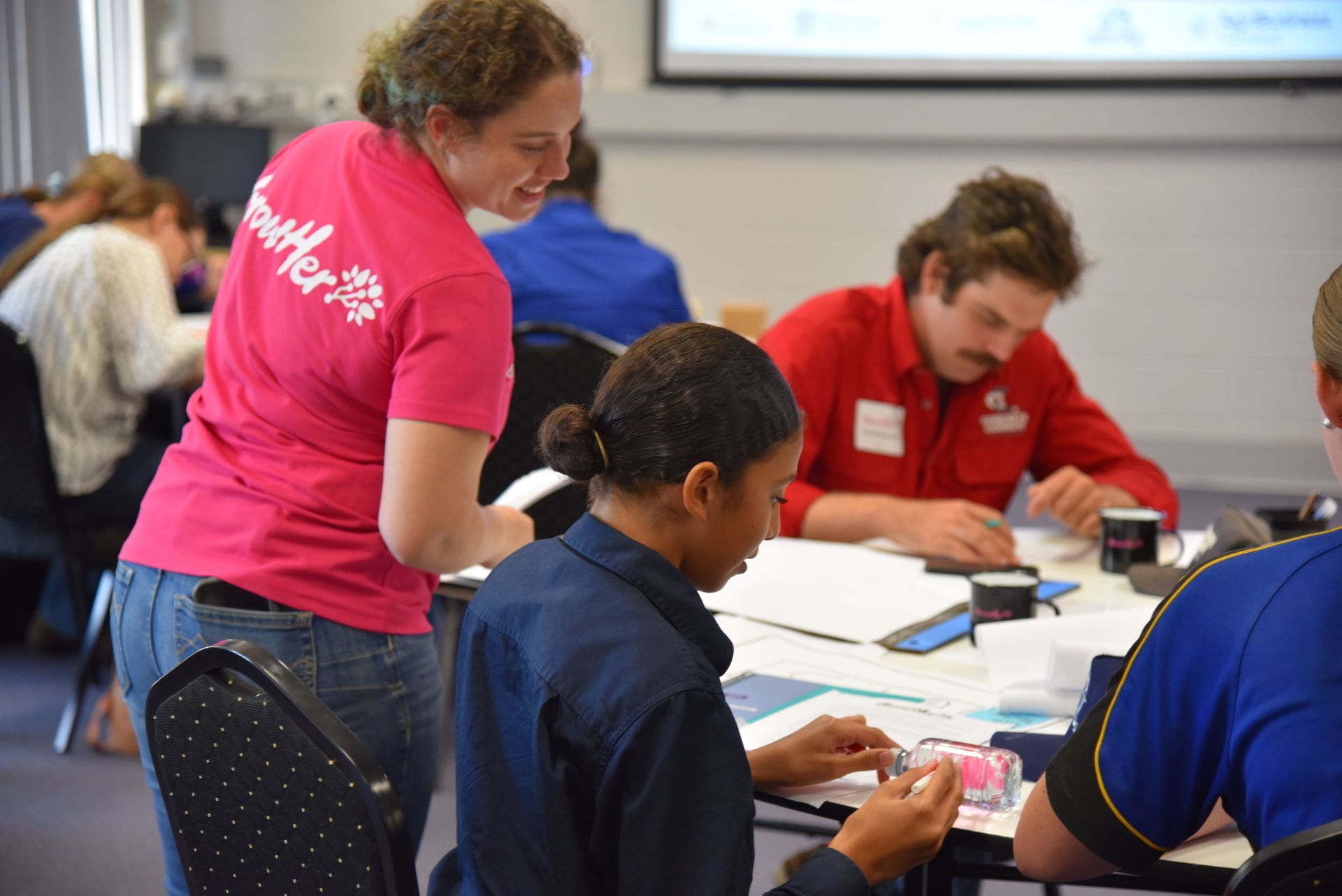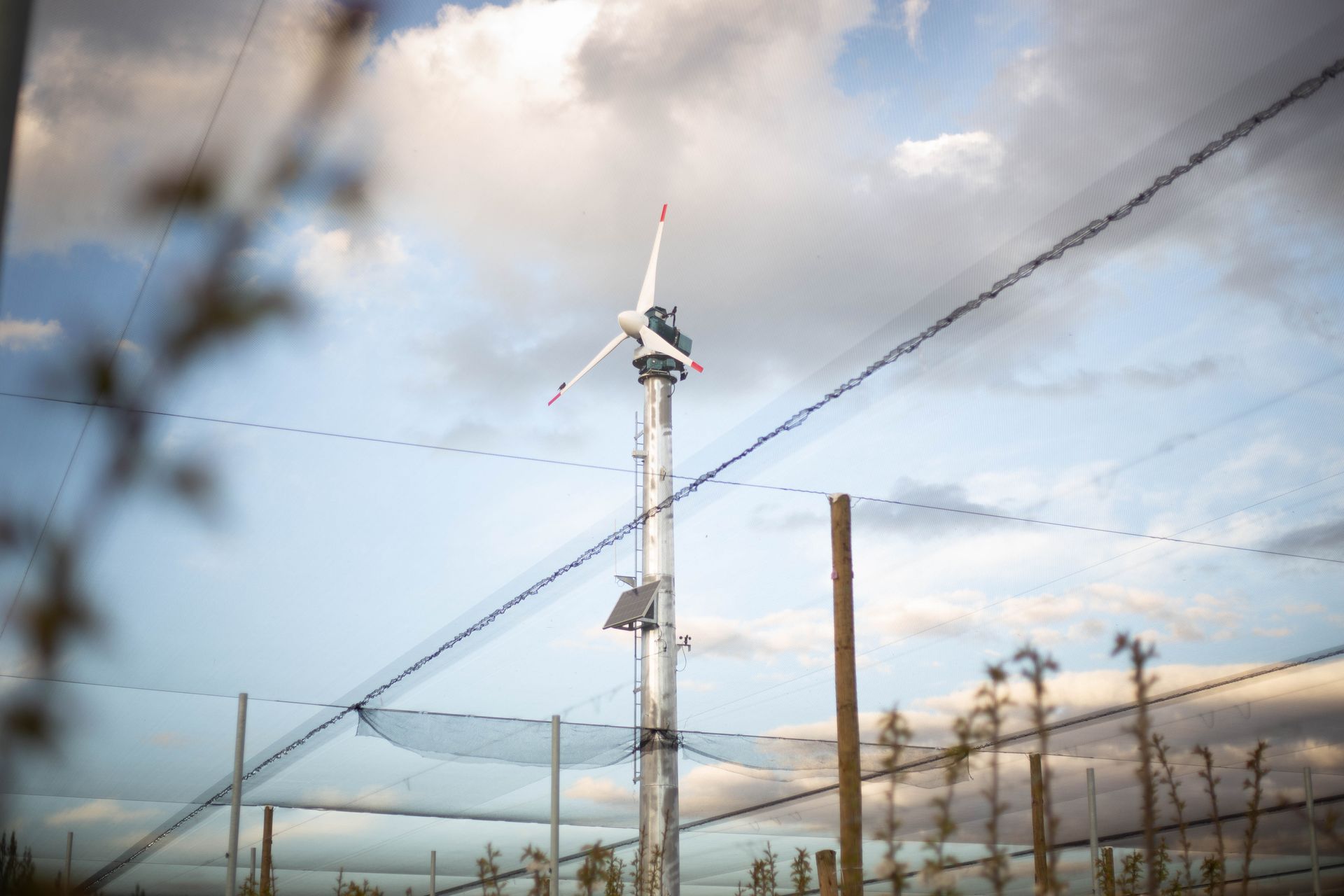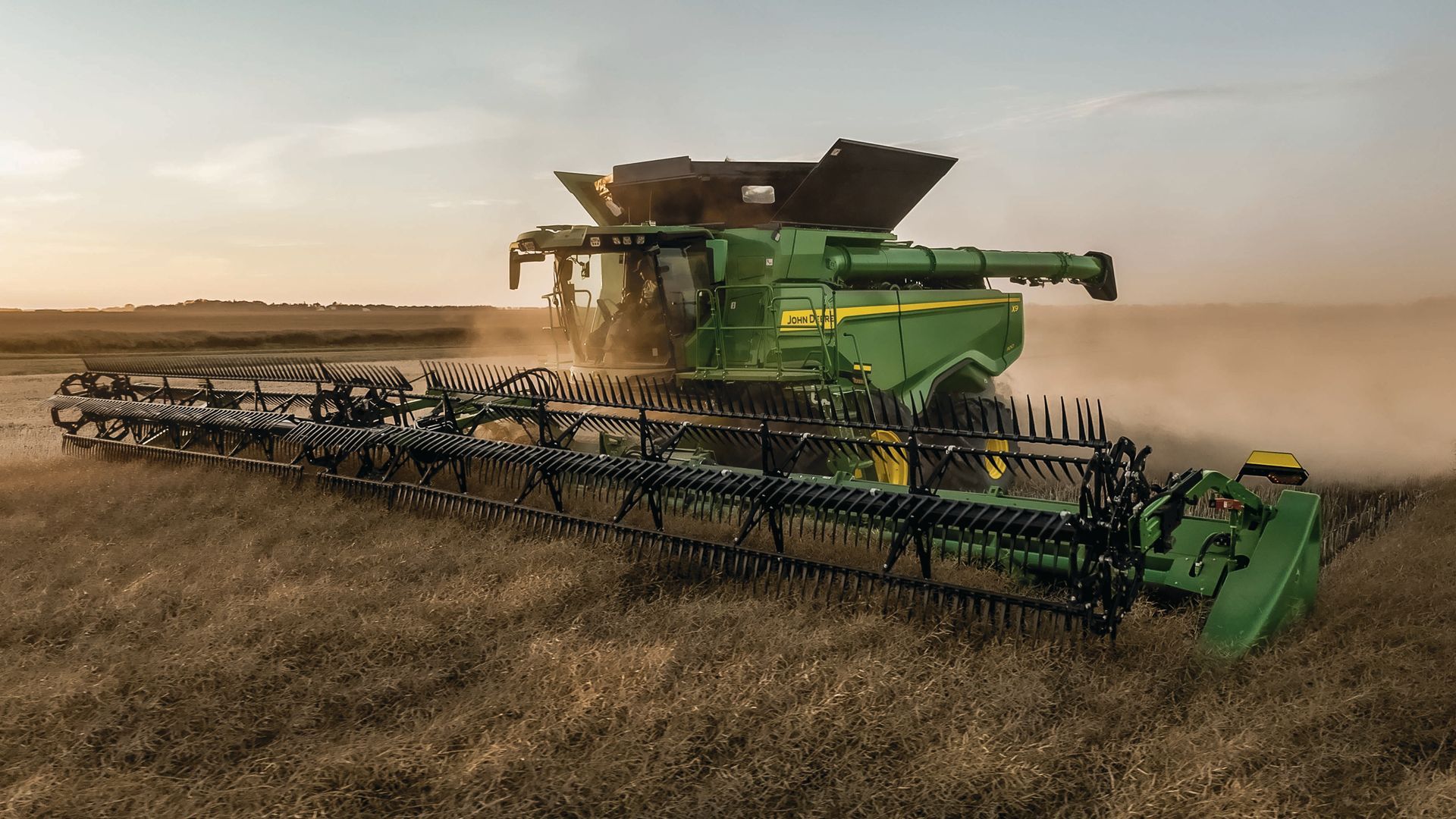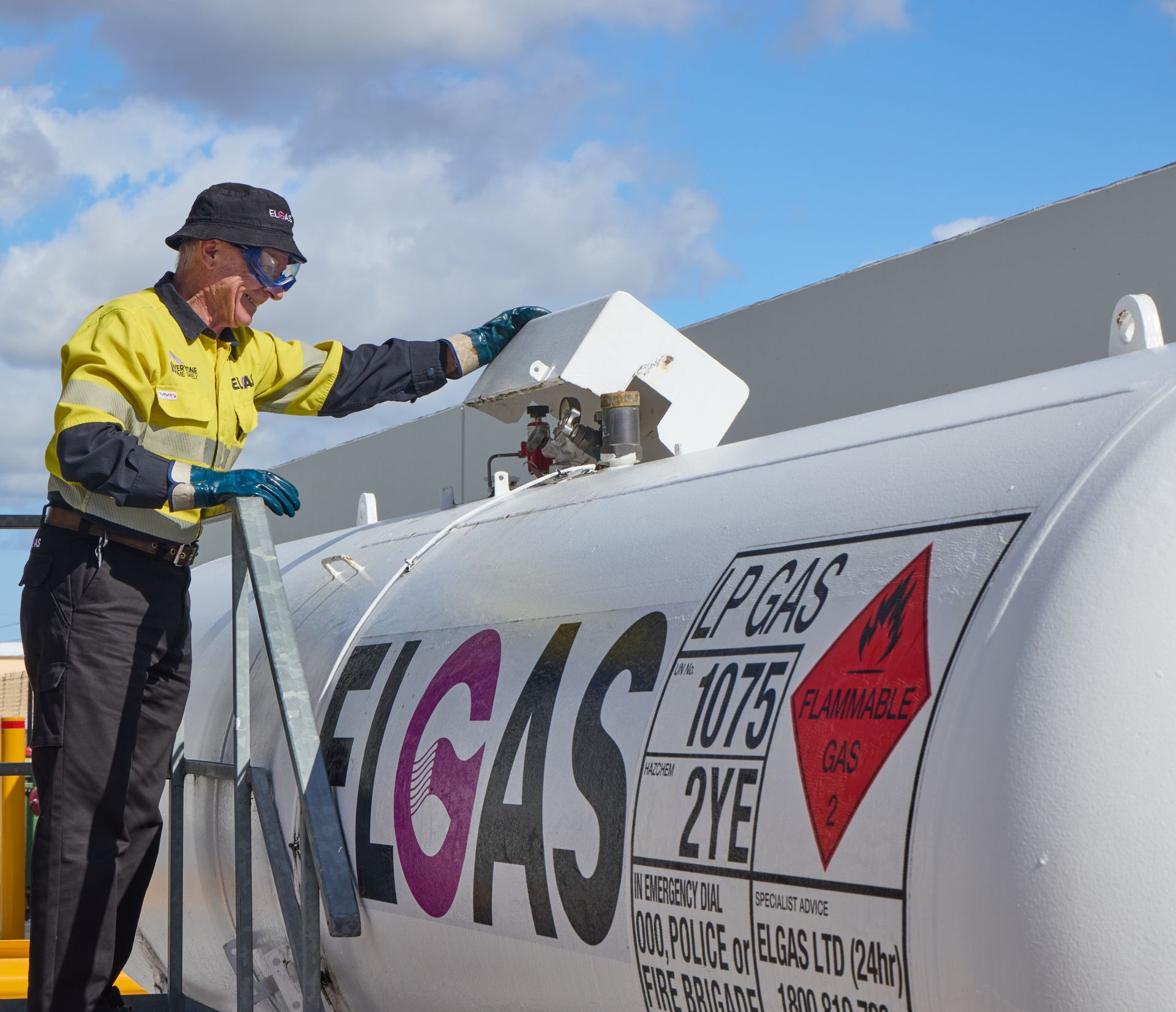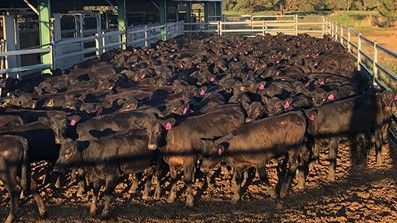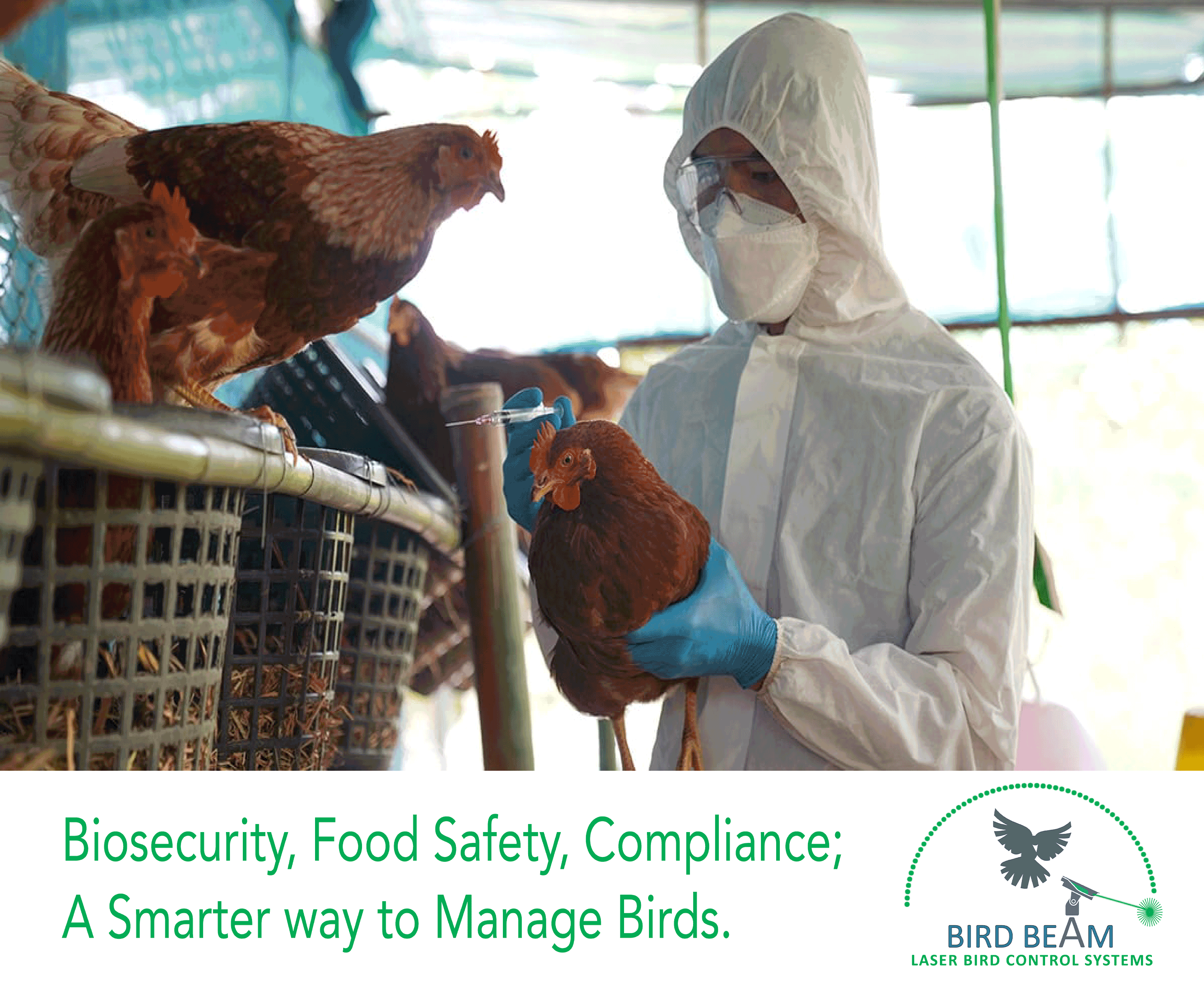1MG FlippingBooks
AgUnity: cultivating agricultural markets in developing nations
We caught up with David Davies, founding CEO of agtech company AgUnity , to talk about connecting farmers, the Australian agtech industry and the opportunities to transform agriculture in developing nations.
It’s true what they say: the best ideas are sometimes the simplest. It was with a simple idea that David – raised on a South Australian farm – co-founded a company that aims to change the lives of the world’s billion poorest farmers. He and business partner John Freeman first had the idea for what would become AgUnity at a hackathon back in 2016, which not only won them a prize, but also the attention of the Gates Foundation.
“My observation is that, in Australia, we don’t appreciate what the farming associations and farming cooperatives do for the farmers,” says Davies. “When you go to a developing country, you see that every farmer is left on their own to do everything. There are really no organisations that give them any help. So, our idea was to give them a method of record-keeping that would allow the co-operatives to work a lot better.”
It sounds almost too straightforward, but the pair were addressing a problem that cuts deep in developing nations.
“Farmers in those areas have big problems with trust. They’ll buy some land and then someone else wants it. They’ll go to the government, who then say, ‘no, you never really owned that land’. There’s no proof of purchase. They don’t even trust their own governments.”
Drawing on the pair’s background in financial technology, AgUnity developed software that utilises incorruptible data trackers in blockchain. The data can be locally stored and updated in tiny amounts to an app that acts like a receipt. Data can be anything from plans made with a co-op, to supply chain tracking, to financial transfers or the purchase of sustainable agricultural equipment.
“Blockchain is good, because it can absolutely never be changed. People really respond to the idea that when they hand over goods, they have a very permanent record.”
That permanent record has tangible benefits. It provides clarity for farmers, prevents corruption, helps to cut down waste and lets farmers more accurately value their produce. In one of AgUnity’s initial trials, they tripled the income of their farmers after just one harvest.
Of course, to use the app, you must own a phone. The company donates smart phones and the app to communities that want them. So far, they have established farming groups in Papua New Guinea and Kenya, moving this year into Indonesia, the Solomon Islands, Ethiopia, Guatemala and Vietnam. The app itself is the result of extensive field research.
“I sent my co-founder out to live in the jungle for a year to get really close to these communities. I spent time in New Guinea and Myanmar and a couple of other places, so we could both understand what the lowest income farmers’ challenges were.”
In an effort to overcome poor literacy rates in many of these countries, the app is streamlined and relies on an understanding of pictures and numbers more than words.
“It was all trial and error. I think that’s why it has been so successful in those locations, because we really made an effort to understand the real problem.”
Davies also attributes AgUnity’s success to the Australian agricultural sector.
“We’re taking lessons from Australia. My observation, coming from a farm in Australia, is that we already operate at a very high level of efficiency – and we have for decades now. Australia is the model of how to do many things in agriculture, and we have a fantastic opportunity to take best practices from Australia and introduce them to other markets. I don’t think we do that enough.”
The company was recently named the Future Agro Challenge’s 2018 Agripreneur of the Year, beating 62 other countries’ best ideas to take the title. Davies believes that more Australian agricultural start-ups should put themselves out there.
“A number of other Australian companies would fare very well in that sort of global agtech competition. I think Australia just doesn’t get itself onto the world stage early enough.
“Agtech innovations in Australia don’t get the kind of support that they do in say, Israel or the Netherlands – countries that are prominent in agtech. It’s much more of an uphill battle to get traction and funding here.
“It’s the lack of risk appetite – the funding that goes into agtech in Australia is very conservative. They want to see proven results, but that’s not how it works in the rest of the world!”
For Davies and AgUnity, the future will be focused on pushing the boundaries to reach even more people. One of the company’s goals is to put up LoRa towers – long range, wireless data transferrers that would bypass the need for phone networks completely at very little cost – in countries where coverage is unreliable.
He’s also hoping more Australian agtech companies will work with them in developing markets. As AgUnity helps farmers increase their profits, Davies knows they need options to spend it on something worthwhile. One of the app’s features is an online reseller to its communities, to encourage them to invest in agricultural equipment.
“The things that we take for granted in Australia are extraordinarily difficult for these farmers to obtain. If you’re a farmer in New Guinea wanting to buy a solar light, the one you eventually get is probably going to be broken.
“Australian companies make all kinds of products that normally wouldn’t be accessible to these poorer farmers but could get sold in these markets. Things like moisture-proof bags for cocoa farmers could be sold to a network of a hundred farmers in Bougainville. It’s a good market for the company.
“There’s a whole ecosystem that needs to be built up around improving farmers’ lives, and Australians could build it.”

